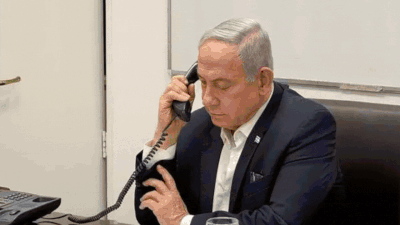
Owji, who previously served as Iran's Deputy Oil Minister and head of the National Iranian Oil Company (NIOC), inherits an industry battered by years of restricted access to global markets and technological setbacks. The Iranian oil sector, a critical pillar of the national economy, has been significantly impacted by sanctions aimed at curbing the country's nuclear ambitions. These sanctions have severely restricted Iran's ability to sell oil internationally, diminishing its revenue and stifling its production capabilities.
The situation is further complicated by escalating regional tensions. Recent disputes with Gulf states over maritime boundaries and accusations of interference in regional conflicts have intensified the pressure on Iran's oil exports. The ongoing conflict in Yemen and strained relations with Saudi Arabia and the UAE contribute to an unstable regional environment that could adversely affect oil transportation routes and regional oil markets.
Owji's strategy to overcome these hurdles involves seeking to boost domestic oil production and enhancing cooperation with countries that have been less affected by Western sanctions. He aims to attract investment from non-Western nations and bolster Iran's oil infrastructure, including refineries and pipelines, to improve both the efficiency and output of the sector. Despite these efforts, the challenge remains substantial due to the persistent limitations imposed by sanctions and the volatile geopolitical climate.
The international community's response to Owji's appointment will be closely monitored. While some countries might view his efforts as a potential breakthrough in easing regional tensions, others remain skeptical about the impact of Iran's new policies on global oil markets. The dynamics of Iran's oil industry are expected to continue influencing global energy markets, particularly as the country tries to navigate its complex relationships with key energy players.
Owji's tenure will likely be a period of significant scrutiny as he attempts to implement his agenda under the weight of external pressures and internal challenges. His success or failure could have far-reaching implications for Iran's economic stability and its role in the global oil market.
Topics
Spotlight
